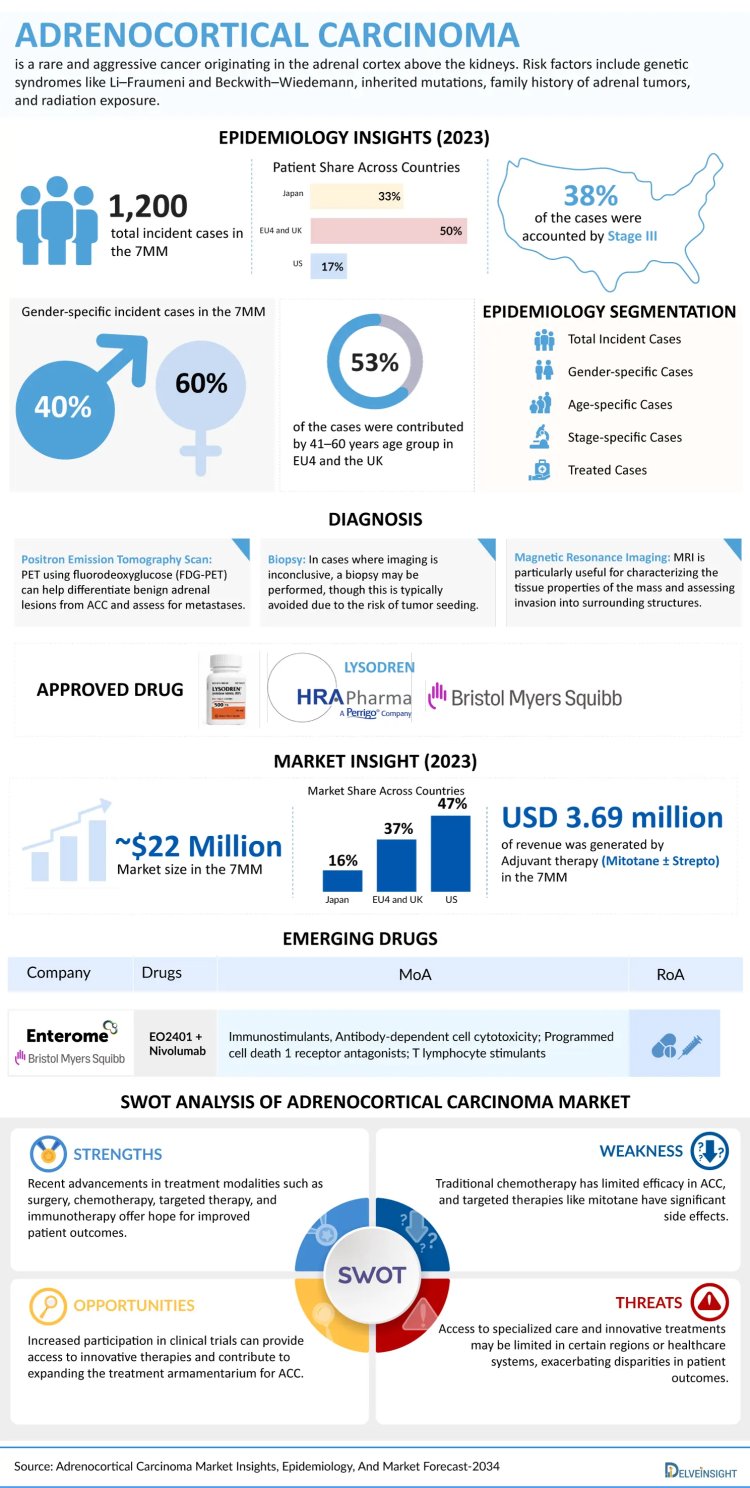The Impact of Family History on ASCVD Prevalence
Share this Post to earn Money ( Upto ₹100 per 1000 Views )

Atherosclerotic Cardiovascular Disease (ASCVD) is a progressive and long-term condition characterized by the accumulation of plaque in the arteries, leading to their narrowing. This disease impacts multiple arterial systems—including coronary arteries (heart), cerebral arteries (brain), and peripheral arteries (legs). The primary forms of ASCVD are coronary artery disease (CAD), cerebrovascular conditions like stroke, and peripheral arterial disease (PAD).
Risk factors such as poor nutrition, physical inactivity, tobacco use, alcohol consumption, obesity, and family history significantly increase the likelihood of developing ASCVD. While early stages may present no noticeable signs, progressive artery blockage often results in symptoms such as angina, dizziness, fatigue, heart palpitations, shortness of breath, and cold sweats.
















